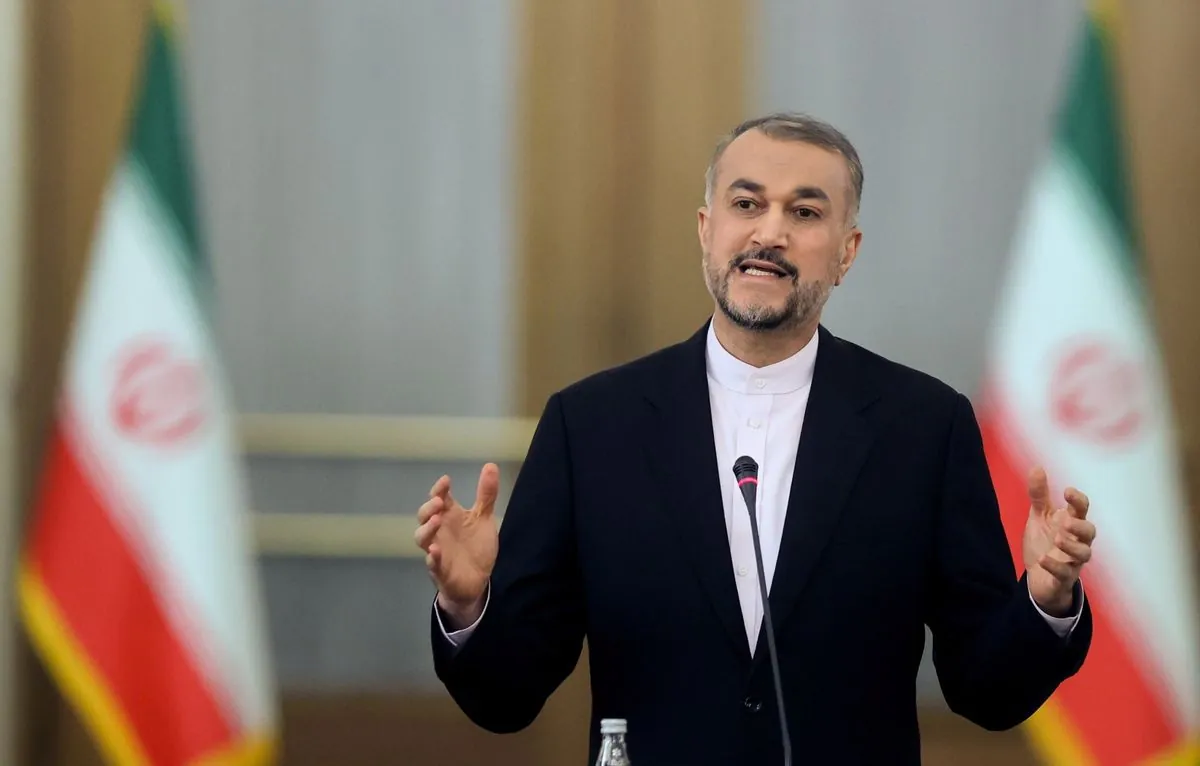Abbas Araqchi, Iran's foreign minister, has firmly denied allegations of ballistic missile transfers to Russia. This statement comes in response to recent sanctions imposed by the United States and three European nations, collectively known as the E3 (Britain, Germany, and France).
Araqchi expressed his criticism on the social media platform X, stating:
"Once again, US and E3 act on faulty intelligence and flawed logic. Iran has NOT delivered ballistic missiles to Russia. Period... Sanctions are not a solution, but part of problem."
This denial follows a statement made by US Secretary of State Antony Blinken on September 10, 2024, claiming that Russia had received ballistic missiles from Iran and was likely to deploy them in Ukraine within weeks. Blinken emphasized that cooperation between Moscow and Tehran posed a threat to broader European security.
In response to these allegations, the United States, Germany, Britain, and France imposed new sanctions on Iran on September 10, 2024. These measures included restrictions on Iran Air, the country's national airline founded in 1961.
The Kremlin has also dismissed reports of arms transfers from Iran to Russia, describing such claims as baseless. This situation highlights the complex geopolitical tensions surrounding Iran's relationships with Western powers and Russia.
Iran has been subject to various international sanctions since 1979, following the Iranian Revolution. The country's economy has been significantly impacted by these measures, which have targeted various sectors, including its advanced missile program.
The E3 nations have been involved in negotiations with Iran regarding its nuclear program since 2003. These discussions led to the Joint Comprehensive Plan of Action (JCPOA) in 2015, aimed at addressing concerns about Iran's nuclear activities.
Despite the lack of formal diplomatic relations between the United States and Iran since 1980, international dialogue continues through various channels, including public statements and multilateral negotiations.
As tensions escalate, the effectiveness of sanctions remains a point of contention. While Western powers view them as a tool for influencing behavior, Iran consistently argues that such measures are counterproductive and based on flawed intelligence.
The ongoing situation underscores the complex dynamics of international relations, missile proliferation concerns, and the challenges of addressing security issues in the Middle East and Eastern Europe.
